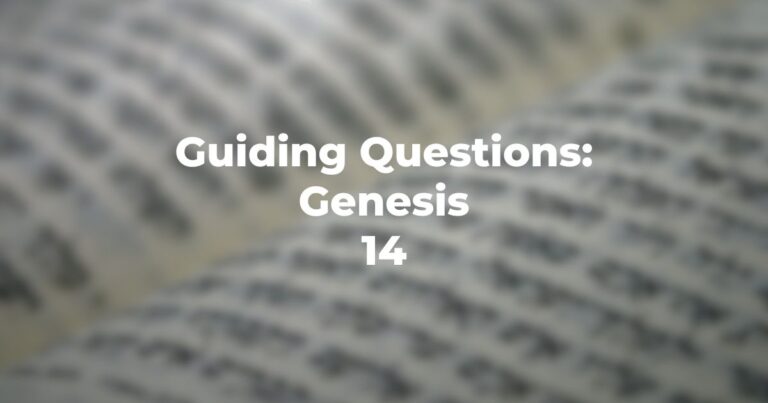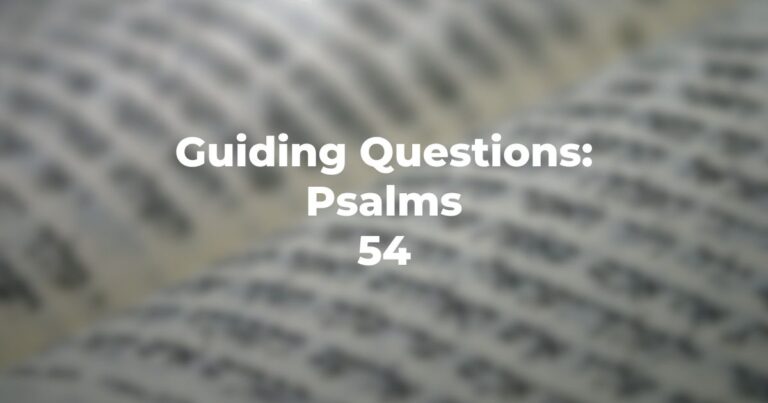- The Jacob (note, not Yisrael) narrative continues with what child – the oldest?
- According totext (Genesis 37:2), was Joseph’s reports on those he supervised negative by fact, or malicious?
- In Genesis 37:3, Joseph is called the “son of old age”, but what of Benjamin?
- What does the “ketonet passim” portend as to inheritance and authority? (Genesis 37:3)
- In his dream (Genesis 37:8 et seq.) is there any “word”, as such, from God?
- As to verse 11, what is meant by “his father remembered/took note/seriously considered” the dream?
- Does Shekhem as the site to which Joseph is to go “alert the reader” to expect some “event”?
- Does text give any hint as to the man Joseph met, as he lost his way? (Genesis 37:15)
- How does text portray Reuben in Genesis 37:21–22?
- Who of the brothers suggested selling Joseph?
- How does Genesis 37:25 and Genesis 37:28 relate to one another? (In the latter, who does the “selling”?)
- Why is Reuben totally distraught? (Genesis 37:29–30)
- Do the brothers appear much concerned about the impact of their actions on their father (save for their own exculpation)?
- Who/what is “missing” (in terms of specific reference) in this narrative – from dream to sale?
- What does the term “seris” mean – literally?
Author
-

Exploring Judaism is the digital home for Conservative/Masorti Judaism, embracing the beauty and complexity of Judaism, and our personal search for meaning, learning, and connecting. Our goal is to create content based on three core framing: Meaning-Making (Why?), Practical Living (How?), and Explainers (What?).
View all posts





